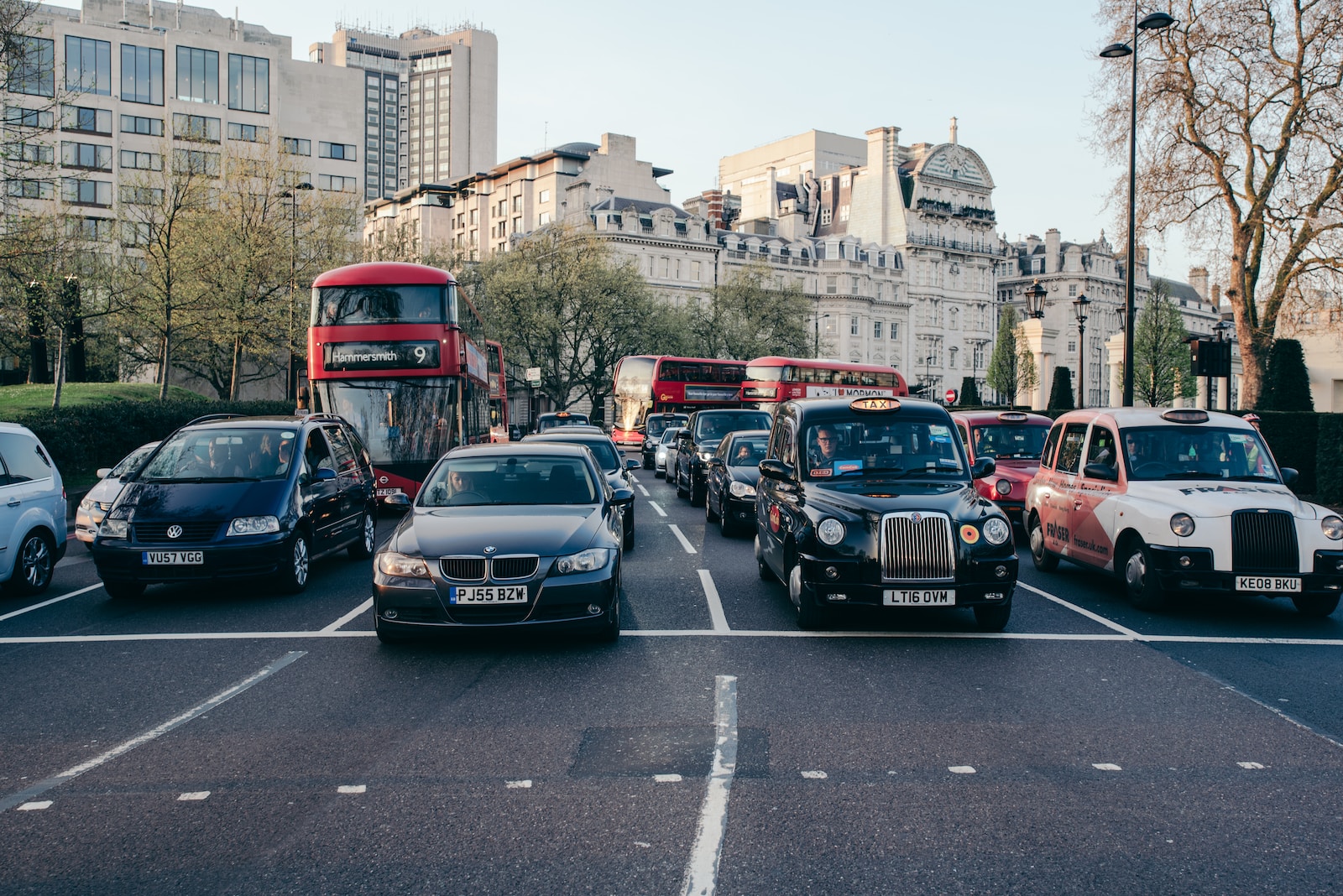British cities rank as world’s most congested
The TomTom Traffic Index lists metropolitan areas performance on traffic each year, evaluating average travel times, fuel cost, and CO2 emissions.
For 2023, London has ranked top. Residents took 37minutes and 20seconds to travel just six miles by road, up one minute on 2022, and on 15th March the average time for that distance was in excess of 50 minutes.
London also had the lowest average speed of journey, at 14km per hour. All this cost drivers £194 in unnecessary fuel expenditure, resulting in 295kg of extra CO2 per car user – more than 115 ‘typical’ trees can absorb in a 12 month period.
However, other areas ranked worse by different measurements. People in the UK capital spent 148 hours stuck in traffic, while Dubliners clocked up 158 hours, helping the city finish second overall, locals in Lima had 157hours of jams, and Bucharest 150 hours.
Manchester was the second-lowest performing UK city, ranking 29th globally. In the North West conurbation six miles takes 23 minutes 30 seconds, at its worse closer to half an hour, people endured 88 hours of delays in total last year alone, and on local prices that meant £126 more spent on fuel per person. Liverpool (34), Bristol (35), and Edinburgh (50) also appeared high on the list.
You can explore the interactive TomTom Traffic Index here, covering 387 cities in 55 countries and six continents.
‘With more than half of the world’s population living in urban areas, traffic congestion and its economic, ecological and health consequences have become a problem that needs to be urgently addressed’, said Ralf-Peter Schäfer, Vice President of Traffic at TomTom.
‘Planning the future of urban areas is essential to ongoing traffic management. Large urban areas are harnessing Big Data to plan infrastructure and development that will alleviate traffic congestion,’ he continued. ‘Analysis of historical traffic data can help growing cities map more efficient road systems and plan better zoning using location intelligence. Effective implementation of planning measures such as the implementation of LEZs to reduce air pollution will benefit from data from connected cars.’
More on transport:
UK’s biggest cargo airport ready for ground equipment electrification
Image: Francesco Zivoli

















